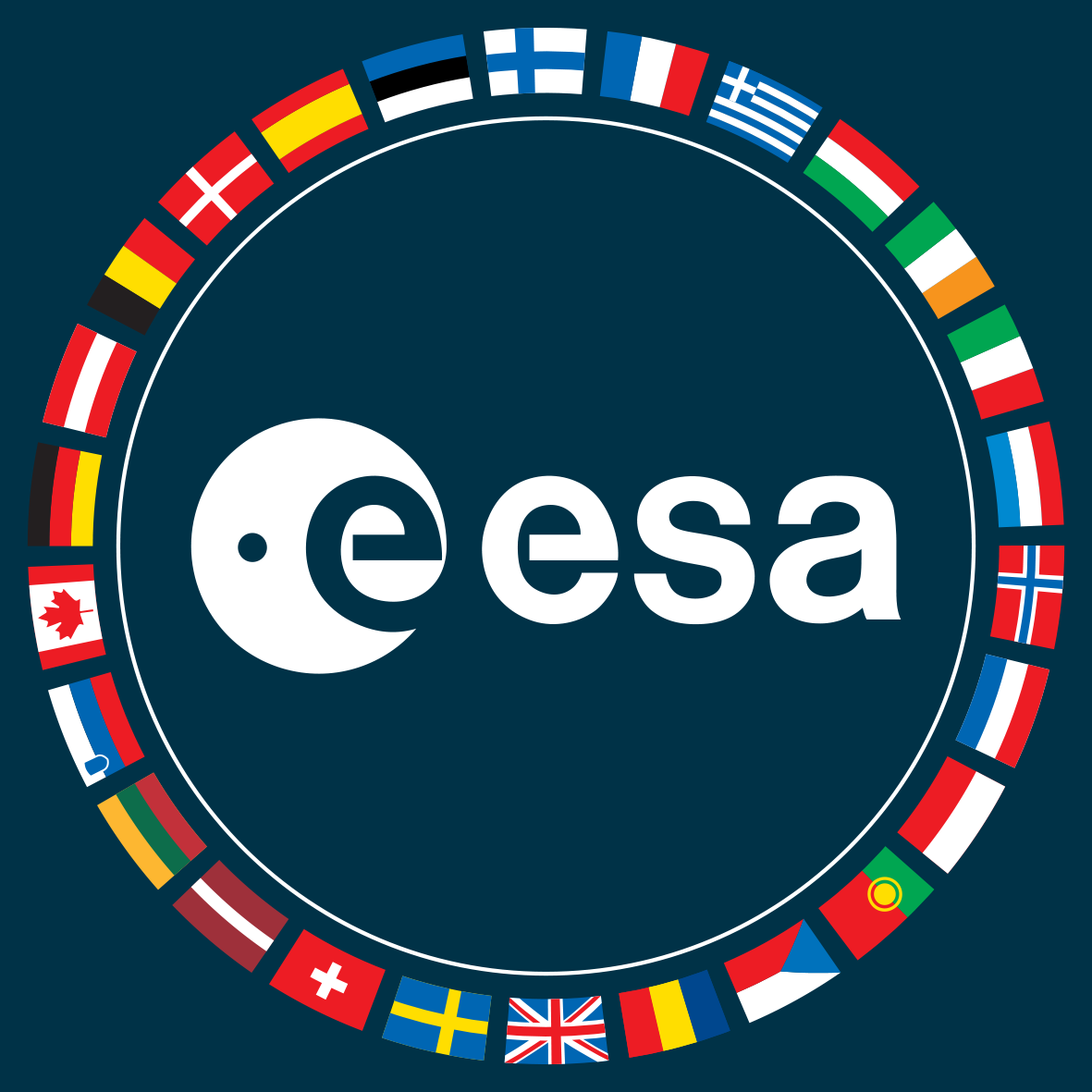Payload Study Engineer (Planetary)
Noordwijk, The Netherlands, ESA [11936]
About this job
ESA is looking for a Payload Study Engineer (Planetary).
Description
The Future Missions Department (SCI-F) is in charge of mission preparation activities for ESA’s Science programmes, including mission definition studies (Phases 0/A/B1) and technology development activities.
Within the Department, the Instrument Studies Section (SCI-FIS) is in charge of the overall technical management of payload definition activities for future science missions in early phases, including technical interface with instrument consortia. The section also provides general payload expertise support to other entities within the Directorate.
Responsibilities
Reporting to the Head of the Instrument Studies Section, your responsibilities will include:
- overall technical management of payload definition activities in early Phases (Phases 0/A/B1) for a given future mission under study, for payload elements provided by ESA, Member States and/or international contributions;
- interfacing technically with the study science teams for instrumentation aspects in early phases;
- analysing the design and architecture of plasma physics, planetary science, astronomical or fundamental physics instruments, with a specific focus on instruments for planetary science and solar system missions;
- coordinating and preparing the Experiment Interface Document – Part A (or equivalent document) as Book-Captain, in close coordination with the study team;
- acting as technical interface with instrument teams in Phase A or B1;
- coordinating and producing payload-related documents for ESA internal reviews, in particular the Preliminary Requirements Review at the end of Phase A, or the System Requirements Review at the end of Phase B1;
- defining and implementing, under the Head of Section’s overall supervision and in close collaboration with the PRODEX Office where relevant, ESA-funded payload activities and pre-development, for nationally and/or ESA provided payload elements, to reach the required definition maturity and technology readiness levels at the time of mission adoption;
- defining critical payload validation activities needs for securing mission adoption, and liaising with the Payload Validation Section for their timely implementation;
- identifying and elaborating new instrument technologies required for the Science Directorate’s Programmes; participating in the elaborating and implementing the Cosmic Vision and Voyage 2050 technology development plans; following up nationally-funded activities;
- providing payload expertise and support to projects under development as required, e.g. through participation in reviews.
Profile
Technical competencies
Experience with science instruments in all phases
Experience in the design, performance analysis, development and testing of various types of space instrumentation
Experience in dealing with complex space payloads and space science technology development
A well-developed system view and understanding of payload requirements, development needs, knowledge of payload technologies and general space instrumentation
System engineering and understanding of system requirements and interfaces
Expertise with in-situ instrumentation and associated sensor systems for solar system missions
Expertise in remote-sensing instrumentation for planetary missions, including space-optics and detectors, and/or in RF and radar instruments
Education
A PhD or Master’s in engineering or applied physics is required.
Additional requirements
You should also:
- have the necessary relationship management skills to balance the interactions with various ESA stakeholders, including scientific institutions and industry
- be self-motivated and a problem solver
- be systems oriented
- be a team player and have excellent planning & organisational skills
For a complete job description and to apply, click on “apply”.
The closing date for applications is 09 February 2021.
At the Agency we value diversity and we welcome people with disabilities. Whenever possible, we seek to accommodate individuals with disabilities by providing the necessary support at the workplace. The Human Resources Department can also provide assistance during the recruitment process. If you would like to discuss this further please contact us at contact.human.resources@esa.int.
—————————————————————————————————————————————————–
Please note that applications are only considered from nationals of one of the following States: Austria, Belgium, the Czech Republic, Denmark, Estonia, Finland, France, Germany, Greece, Hungary, Ireland, Italy, Luxembourg, the Netherlands, Norway, Poland, Portugal, Romania, Spain, Sweden, Switzerland, the United Kingdom and Canada, Latvia and Slovenia.
According to the ESA Convention the recruitment of staff must take into account an adequate distribution of posts among nationals of the ESA Member States. When short-listing for an interview, priority will first be given to internal candidates and secondly to external candidates from under-represented Member States. (https://esamultimedia.esa.int/docs/careers/NationalityTargets.pdf)
We offer
The European Space Agency (ESA) is an equal opportunities employer that offers competitive salaries exempt from national income tax and excellent employment conditions, such as allowances for expatriates and relocation support.
For more information: http://www.esa.int/About_Us/Careers_at_ESA
About us
The European Space Agency (ESA) is Europe’s gateway to space. Its mission is to shape the development of Europe’s space capability and ensure that investment in space continues to deliver benefits to the citizens of Europe and the world. ESA is an international organisation with 22 Member States. By coordinating the financial and intellectual resources of its members, it can undertake programmes and activities far beyond the scope of any single European country.
Learn more: http://www.esa.int/
For information on how the personal data in your application is processed, please see the ESA Privacy Policy.
